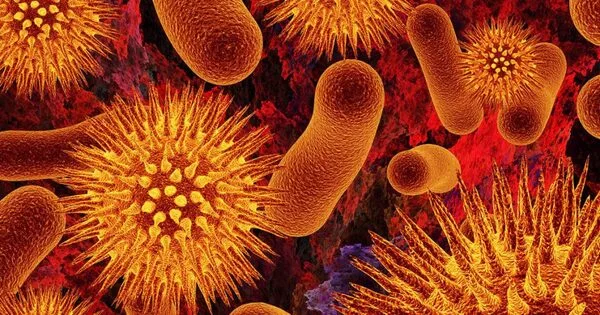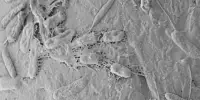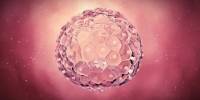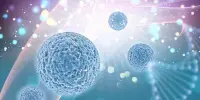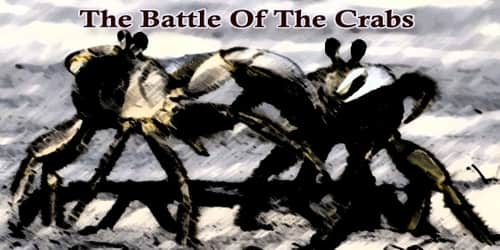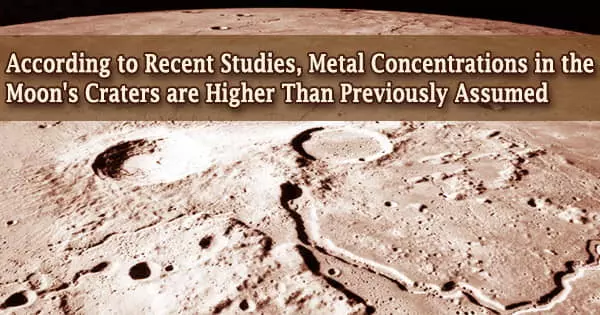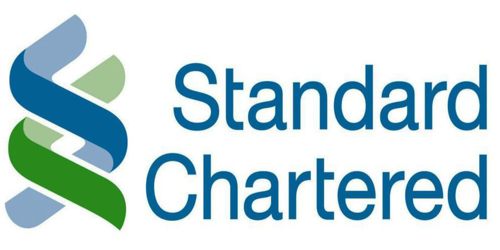Bioleaching is the employment of microorganisms to extract metals from ores or waste products. These bacteria can mobilize and solubilize metals via several methods, making it easier to recover them. While the primary attention has generally been on base metals such as copper and gold, the potential application of microbes in rare-earth processing is a promising and emerging topic. A tiny, hardworking bacteria weighing one trillionth of a gram could soon have a significant impact on the environmentally friendly processing of rare earth elements.
Cornell University researchers reveal in a new study that genetically altering this bacterium could increase the efficiency of purifying elements present in smartphones, computers, electric automobiles, and wind turbines, as well as boost global economic supply chains.
The bacterium Vibrio natriegens provides a sustainable technique of extracting important and essential components called biosorption, as opposed to outdated, polluting solvent-heavy approaches.
“Multiple Rounds of In Vivo Random Mutagenesis and Selection in Vibrio Natriegens Result in Substantial Increases in REE Binding Capacity,” a Cornell study, was published in Synthetic Biology, an American Chemical Society journal.
This new work gives us a shot to leapfrog thermochemical methods. We can engineer this and other bacterium and because we don’t need to purify proteins, we can operate this kind of system much more cheaply than competing biological processes.
Buz Barstow
“Traditional thermochemical methods for separating lanthanides are environmentally disastrous,” said corresponding author Buz Barstow, an assistant professor of biological and environmental engineering at Cornell. “It’s difficult to fine-tune these components. That is why we ship rare earth materials offshore to be processed, usually to China.”
Doctoral student Sean Medin and Anastacia Dressel led the research to genetically engineer a strain of Vibrio natriegens to increase its ability to biosorb — or extract — rare earth elements.
The researchers changed the genome of Vibrio natriegens with a plasmid called MP6, which introduces errors into the genome and then screened the mutants for increased biosorption of rare earth elements. “Given the ease of finding significant biosorption mutants, these results highlight just how many genes likely contribute to biosorption,” he said, “as well as the power of random mutagenesis in identifying genes of interest and optimizing a biological system for a task.”
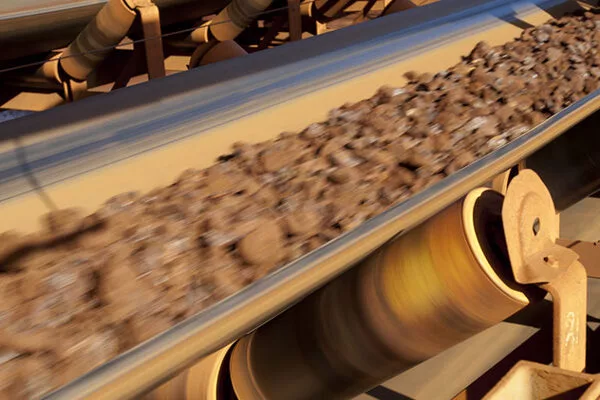
Rare earth elements are essential in modern culture. Computers, batteries, and clean energy technology all contain them. The White House requested an assessment in early 2021, which subsequently discovered an over-reliance on foreign sources and unfriendly states processing the elements, creating national and economic security risks.
Vibrio natriegens, along with a growing arsenal of bacterial tools, provide a safe approach to bring rare earth element and mineral processing back to the United States. For example, biological processing might return the Mountain Pass rare earth element mine in California, near the Nevada border, to vigorous domestic productivity, according to Barstow.
“This new work gives us a shot to leapfrog thermochemical methods,” Barstow said in a statement. “We can engineer this and other bacterium and because we don’t need to purify proteins, we can operate this kind of system much more cheaply than competing biological processes.”
According to Barstow, the United States no longer has expertise in thermochemical processing processes. “For purifying rare earth elements, we’re now left with competing green methods” he went on to say. “Thus, even if we wanted to use old thermochemical methods, we probably wouldn’t be able to.” We don’t know how to do it anymore.”
Barstow went on to say: “We are being forced to innovate our way out of this problem.”
